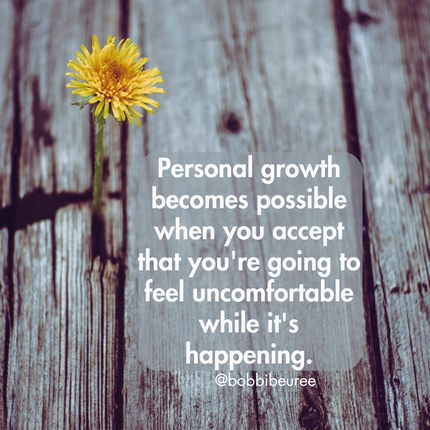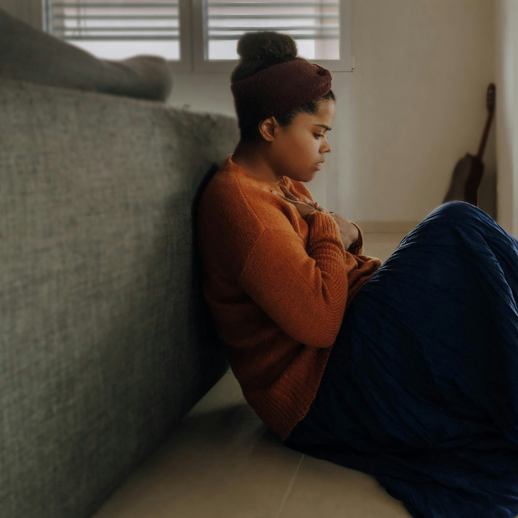Navigating Everyday Anxiety
Core-level Coaching can help you get to bottom of your everyday anxiety, whether it comes out in worried thinking, difficult emotions, or challenges in how you act and behave.
|
Anxiety is something we all encounter, to varying degrees, at one point or another. It is a natural and normal response to feeling overwhelmed by all that life is throwing your way.
It can feel like a state of fear, worry, or uneasiness and its symptoms affect us on every level - physiological, psychological, and behavioral. Anxiety tends to come up for people when they do not feel they are capable of handling whatever it is that they are facing. |
Ready to make core-level changes in your life? Learn More...






